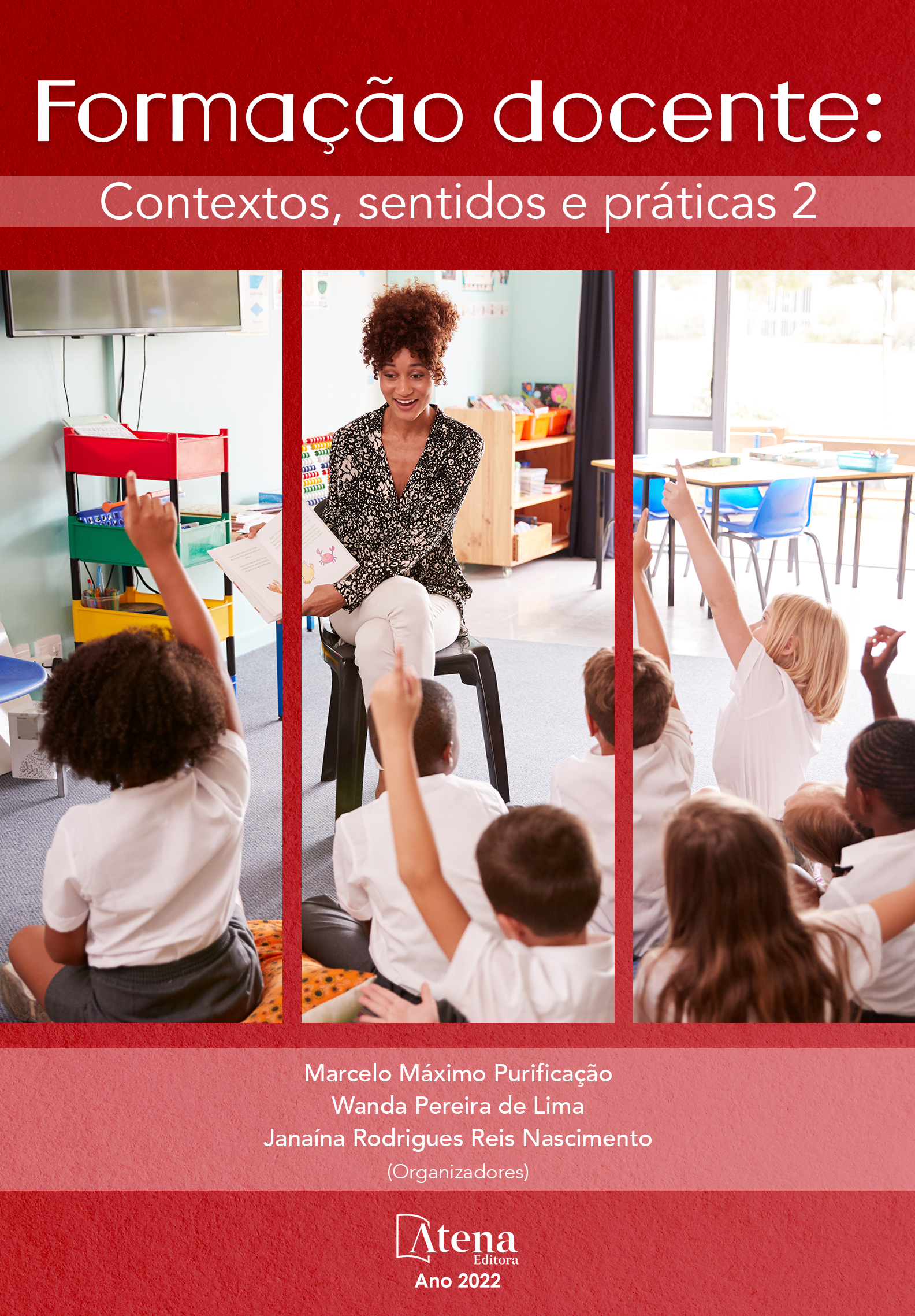
DESAFIOS DA EDUCAÇÃO SUPERIOR NA REORGANIZAÇÃO DO ENSINO EM TEMPOS DE PANDEMIA DA COVID 19
Objetivo: Identificar os desafios enfrentados pela educação superior na reorganização do ensino em tempos de pandemia da Covid-19. Metodologia: Trata-se de uma revisão integrativa da literatura realizada nas bases de dados MEDLINE e LILACS, nos meses de outubro e novembro de 2021. Para a definição dos critérios de inclusão foi selecionado o recorte temporal dos anos de 2020 e 2021, sendo encontrados 29 artigos originais, disponíveis na íntegra, gratuitos e online nas bases de dados selecionadas e publicados nos idiomas português, inglês e espanhol. Adotou-se como critérios de exclusão: artigos duplicados e que não se adequaram aos objetivos do estudo. Resultados: O estudo evidenciou que a pandemia da Covid-19 ocasionou mudanças no processo de ensino aprendizagem nas instituições de ensino superior, exigindo assim reorganização do ensino, trazendo consigo uma série de desafios, tais como: harmonização do relacionamento entre discentes e docentes, a utilização da tecnologia como estratégia de comunicação para o ensino e aprendizagem e a falta de capacitação dos profissionais para implementar as ferramentais virtuais, além da implantação do ensino emergencial remoto de forma abrupta. Conclusão: Assim, acredita-se que há emergência de tecnologias de interface que articulem o físico com o digital e que ampliem o debate, a troca de experiências, a interação, a reflexão e o pensamento crítico, garantindo dessa forma, a eficácia e a qualidade do ensino.
DESAFIOS DA EDUCAÇÃO SUPERIOR NA REORGANIZAÇÃO DO ENSINO EM TEMPOS DE PANDEMIA DA COVID 19
-
DOI: 10.22533/at.ed.3632229033
-
Palavras-chave: Educação superior; COVID 19; Tecnologia educacional.
-
Keywords: Higher education; COVID-19; Educational technology.
-
Abstract:
Objective: To identify the challenges faced by higher education in the reorganization of education in times of the Covid-19 pandemic. Methodology: This is an integrative literature review carried out in the MEDLINE and LILACS databases, in October and November 2021. To define the inclusion criteria, the time frame of the years 2020 and 2021 was found. 29 original articles, available in full, free of charge and online in selected databases and published in Portuguese, English and Spanish. The following exclusion criteria were adopted: duplicate articles and those that did not fit the objectives of the study. Results: The study showed that the Covid-19 pandemic caused changes in the teaching-learning process in higher education institutions, thus requiring reorganization of teaching, bringing with it a series of challenges, such as: harmonization of the relationship between students and teachers, the use of technology as a communication strategy for teaching and learning and the lack of training of professionals to implement virtual tools, in addition to the abrupt implementation of remote emergency teaching. Conclusion: Thus, it is believed that there is an emergence of interface technologies that articulate the physical with the digital and that expand the debate, the exchange of experiences, the interaction, the reflection and the critical thinking, guaranteeing in this way, the effectiveness, and the quality of teaching.
-
Número de páginas: 11
- Jardilson Moreira Brilhante
- Érida Zoé Lustosa Furtado
- Maria Luzilene dos Santos
- Sylvia Helena Batista Pires Ferreira
- Verônica Elis Araújo Rezende
- Luciana Spindola Monteiro Toussaint
- Perla Maria Antão de Alencar Carvalho
- Ravena de Sousa Alencar Ferreira
- Galvaladar da Silva Cardoso
- Francinalda Pinheiro Santos
- Lânia da Silva Cardoso
- Aclênia Maria Nascimento Ribeiro


